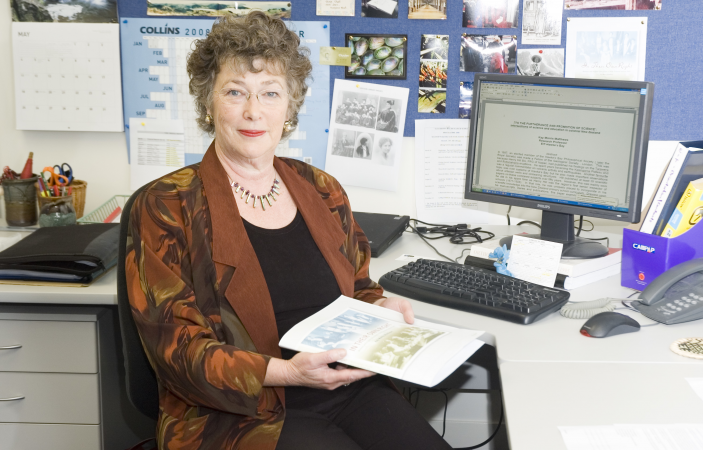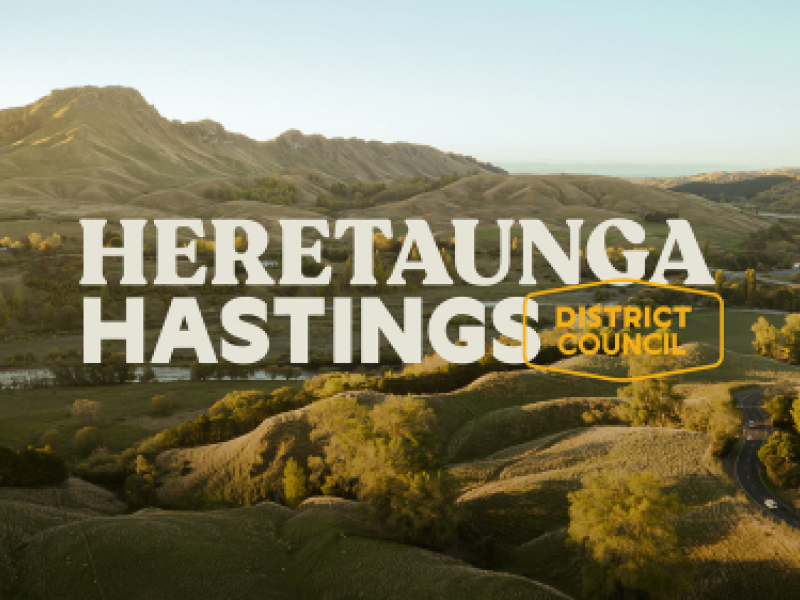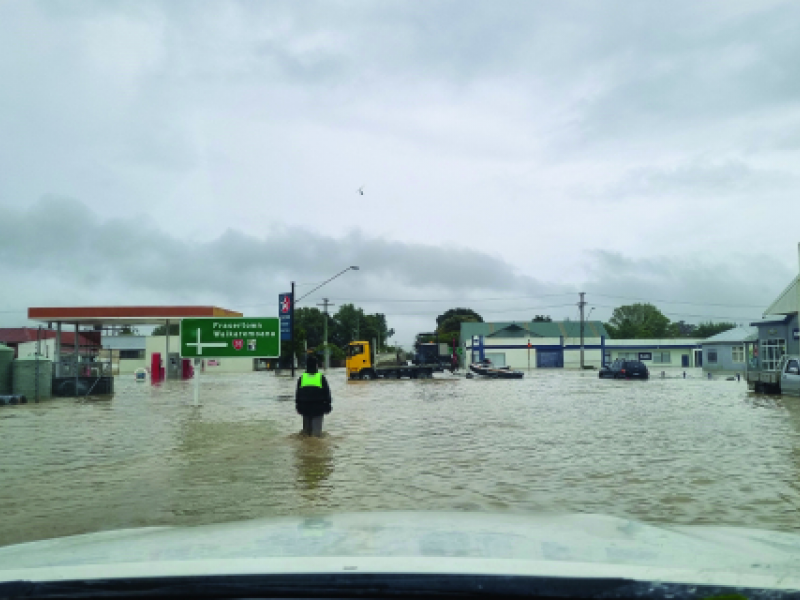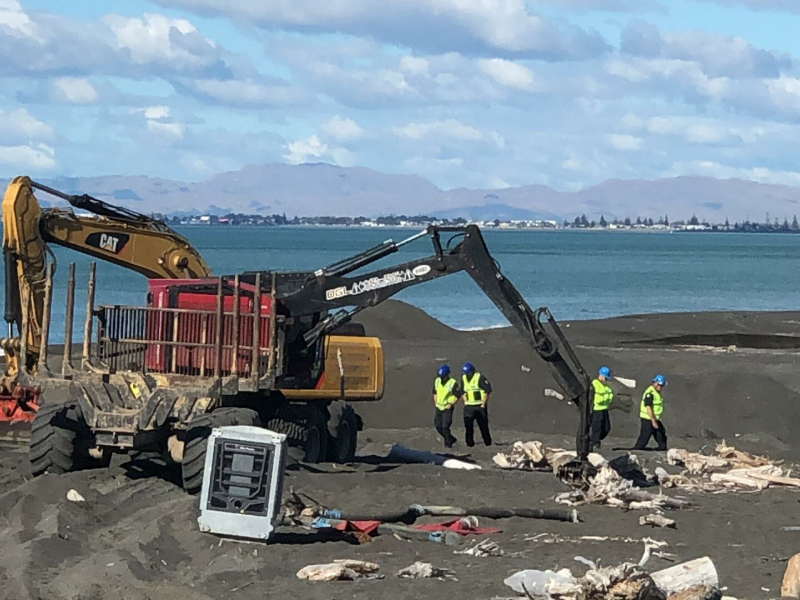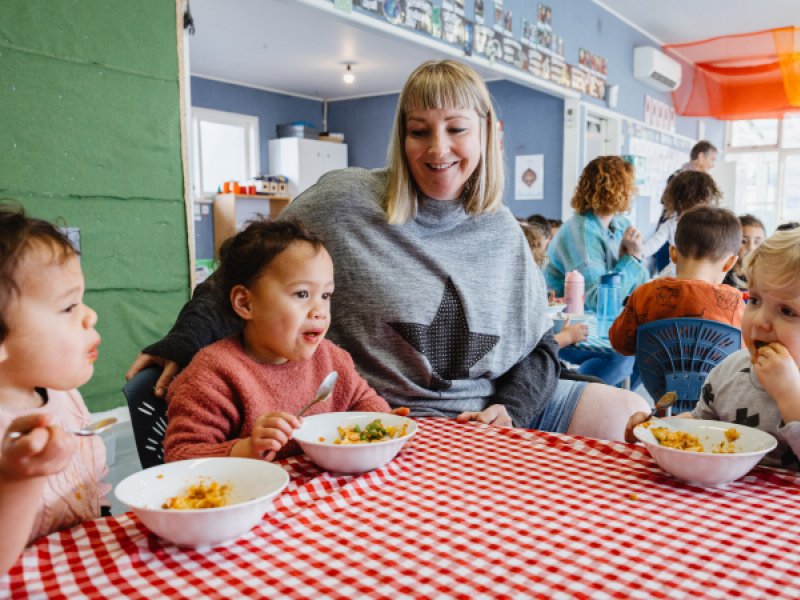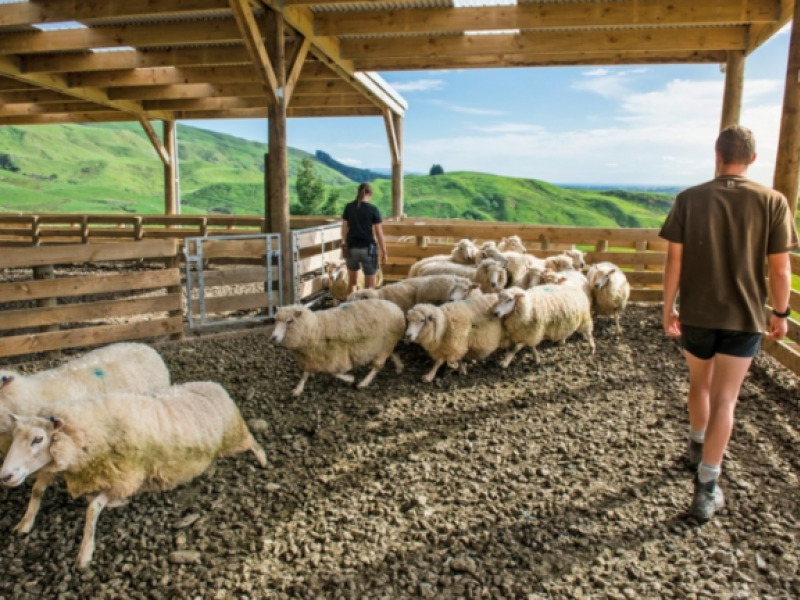Opinion: Ground-breaking Bay pilot improving vulnerable children’s lives
Vulnerable children in Hawke’s Bay and their families are benefitting from a three-year national pilot programme growing the skills of professionals working with them.
Thirty organisations with over 500 workers are working together in the programme and with senior researchers from EIT. The very positive research findings could see other regions adopt the programme.
Ngātahi came about after workers in health, education and social services in Hawke’s Bay reported increasing numbers of children with learning and behaviour issues. These children often live with parents in poverty who struggle with violence, mental illness and addictions. Tamariki Māori were over-represented among these referrals.
There was a strong view among many workers that they needed additional skills to adequately assess and manage these issues and that there were few evidence-based interventions available.
There was concern across the sector that the government organisations, mainstream non-government organisations (NGOs) and Kaupapa Māori NGOs involved worked in silos. Families/whānau and children were often confused about the numbers of services involved and either disengaged or fell between the gaps.
The lack of clear referral pathways, delays and waiting times were other concerns.
To address this, leaders drew up a three-year plan to address the situation in Hawke’s Bay. It was from this that Ngātahi, which means many together, emerged.
EIT has just finished a three-year contract with the HBDHB to evaluate the impact of Ngātahi for the 500 professionals who work with these challenged children and their families. The third and final Ngātahi report has now been published.
EIT’s research team was led by Māori and Indigenous Research Professor David Tipene-Leach and me. Other members of the multi-disciplinary team are Dr Sally Abel, Dr Anne Hiha, Chris Malcolm, Pippa McKelvie-Sebileau, Charlotte Chisnell and Karlin Austin. Both David and I also sat on the Ngātahi steering group as critical friends.
Ngātahi began by first developing a partnership with Māori via relationships with the Hawke’s Bay DHB’s Māori Relationship Board and mana whenua, Ngāti Kahungunu Iwi Incorporated. The DHB Māori Health team helped Ngātahi develop a Māori conceptual framework which came to be known as Ngā Pou. All wānanga are written and delivered together with experts in Ngāti Kahungunu tikanga, and tikanga is woven throughout the programme.
Ngātahi has established a sustainable system for practitioners to identify the additional skills they believe they need, to develop training programmes to address these needs and to build relationships between workers in different organisations that would make it easier to work together with families/whānau with complex needs.
Three priority training areas were identified - Mental Health and Addictions, Trauma Informed Practice and Engaging Effectively with Māori. A Self Care in Trauma Informed Organisations wānanga developed as a direct result of the first-year evaluation findings which highlighted the fact that practitioners were stressed and vicariously traumatised. The self-care wānanga have been very popular. The learning model developed included three parts: online learning, skills-based wānanga, and ongoing small group ‘learning circles’ or wānanga ita established to embed learning and provide peer coaching.
A rich data base for analysis was produced because of the calibre and sheer honesty of the responses from the practitioners. They highlighted the dilemmas and stresses placed on the frontline workers across their different professional and occupational groups.
I was struck by how committed practitioners are to helping the vulnerable children they see. Even though many were stressed, burnt out and dealing with distressing situations, they remain committed to making a difference for these children.
It is encouraging that both practitioners and managers have unanimously endorsed the existing Ngātahi training, as well as welcoming future training. Many managers have also reported the positive steps made during the three years to increase communication between organisations. However, all reported that there is still work to be done.
Overall, the goal is to ensure that our region’s vulnerable children are seen more quickly, referred appropriately, assessed more comprehensively, and provided with relevant and evidence-based therapies/solutions.
There is no doubt that the Ngātahi Project is a good news story. We have enough experts on the ground in Hawke’s Bay running these very sophisticated wānanga, which practitioners believe are making a difference.
With funding now in place, Ngātahi can go from strength to strength. The focus will be on more training in areas like addictions and care and protection. More organisations will also be invited to join the project, which will add more diverse voices and perspectives from across the sector.
There has also been interest from other regions to implement the project in their areas and we hope they do.
After all, the welfare of our vulnerable children is at stake. We must do all we can.
The views expressed in this piece are those of the writer and do not necessarily reflect those of the Hawke's Bay App.
